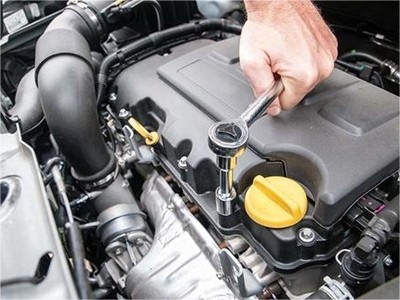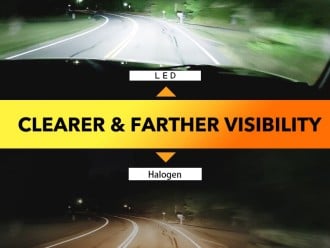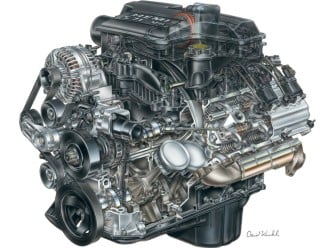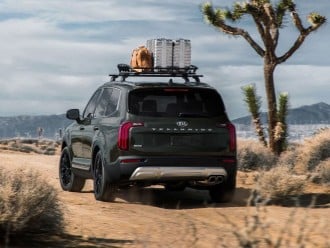Fuel Pump Noise: Causes and Solutions
Fuel pump noise can be indicative of underlying issues that require attention to ensure optimal vehicle performance and reliability.
Causes of Fuel Pump Noise:
Worn-out or Faulty Bearings: Over time, the bearings within the fuel pump can wear out, leading to increased friction and noise during operation.
Insufficient Lubrication: Inadequate lubrication or lack of proper lubricant can cause excessive friction between moving parts, resulting in increased noise levels.
Cavitation: Cavitation occurs when air or vapor bubbles form within the fuel pump due to low fuel levels or a faulty fuel supply. The collapse of these bubbles can generate noise during fuel pump operation.
Loose or Damaged Components: Loose or damaged components within the fuel pump, such as impellers or housing, can create vibrations and noise during normal operation.
Solutions for Fuel Pump Noise:
Bearing Replacement: If worn-out or faulty bearings are causing the noise, replacing them with new ones is necessary. It is crucial to use high-quality bearings that match the specifications of the fuel pump for optimal performance and reduced noise levels.
Lubrication Maintenance: Proper lubrication is vital to reduce friction and noise. Ensure the fuel pump receives adequate lubrication by following the manufacturer's recommended lubrication schedule and using the appropriate lubricant.
Address Cavitation Issues: Check the fuel level regularly to ensure it remains above the minimum required level. Additionally, inspect the fuel supply system for any blockages or malfunctions that may contribute to cavitation. Rectifying these issues can mitigate fuel pump noise.
Tighten or Repair Loose/Damaged Components: If loose or damaged components are causing vibrations and noise, tighten them or replace them as needed. This may involve securing fasteners or replacing damaged parts to eliminate the source of the noise.
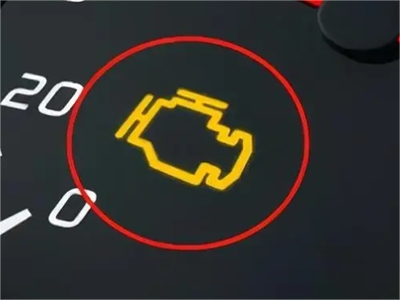
Preventive Measures:
Routine Maintenance: Follow the manufacturer's recommended maintenance schedule for the fuel pump to prevent premature wear and reduce the likelihood of noise issues.
Quality Fuel: Use high-quality fuel to minimize contaminants and reduce the risk of clogging or damage to fuel pump components.
Avoid Overloading the Vehicle: Operating the vehicle within its recommended weight limits can help prevent excessive strain on the fuel pump, reducing the chances of noise problems.
Identifying and addressing the causes of fuel pump noise through bearing replacement, proper lubrication, cavitation prevention, and component maintenance or repair are effective solutions. Regular maintenance, using quality fuel, and avoiding overloading the vehicle contribute to preventing fuel pump noise. Consulting with automotive professionals is recommended for accurate diagnosis and expert repairs, providing a quieter and more efficient fuel system, and resulting in a smoother driving experience.

